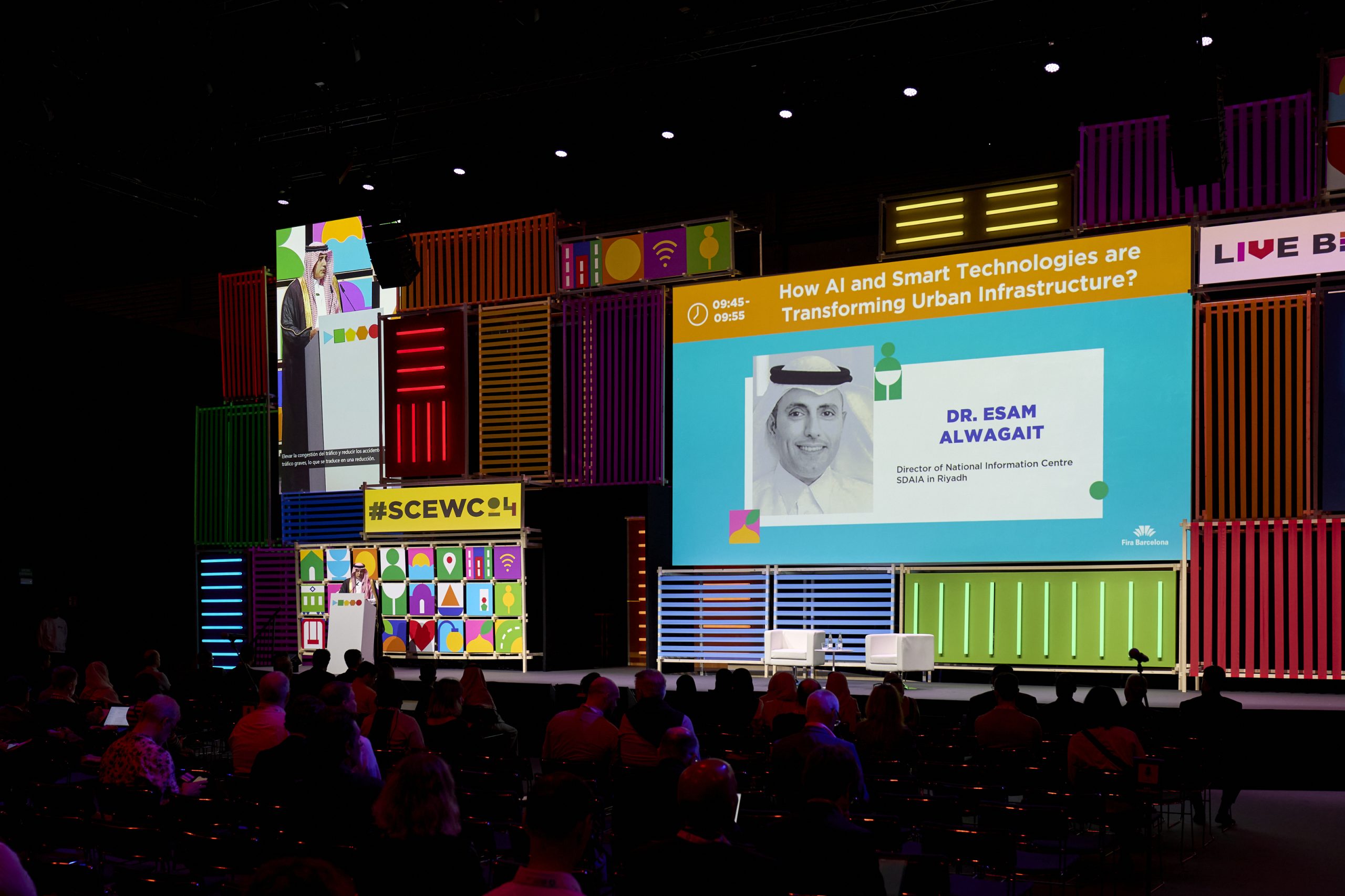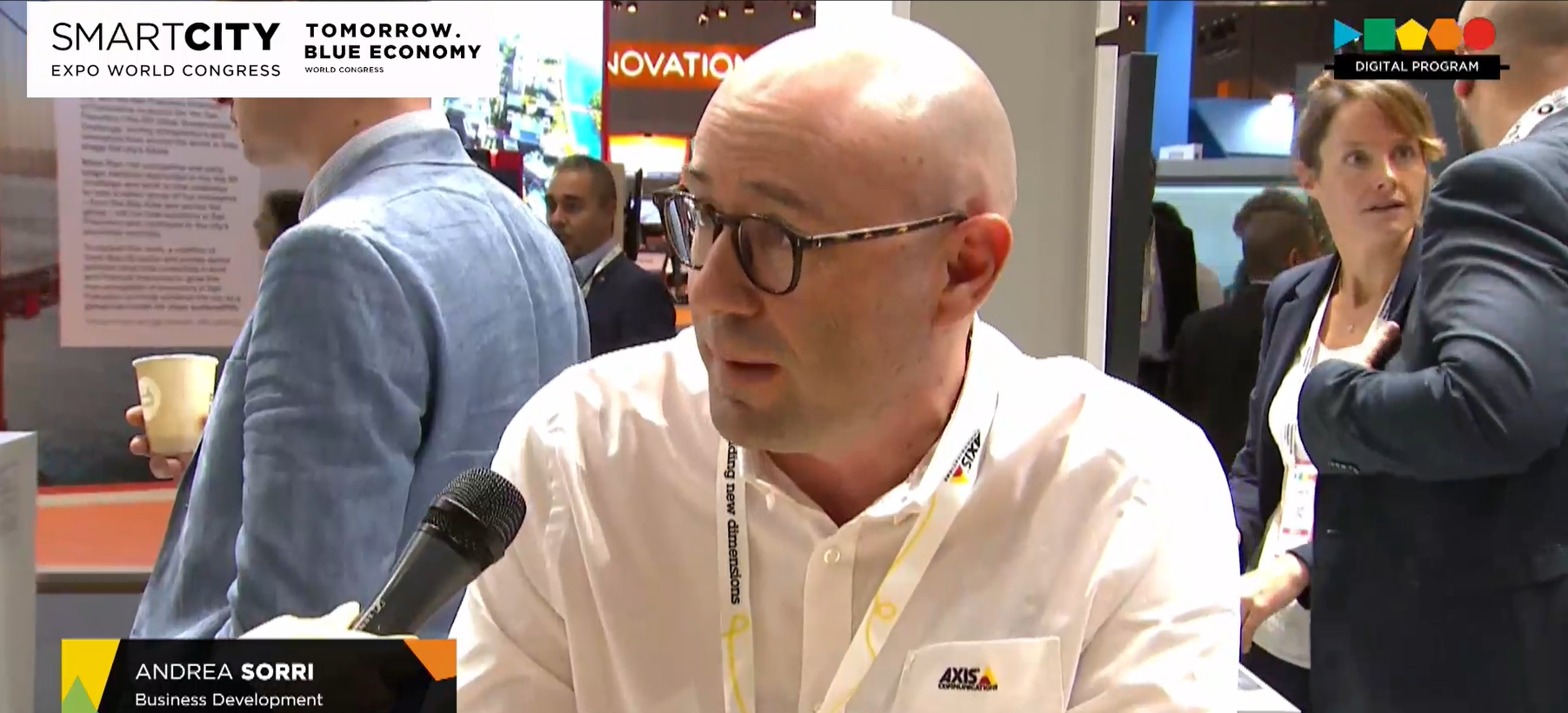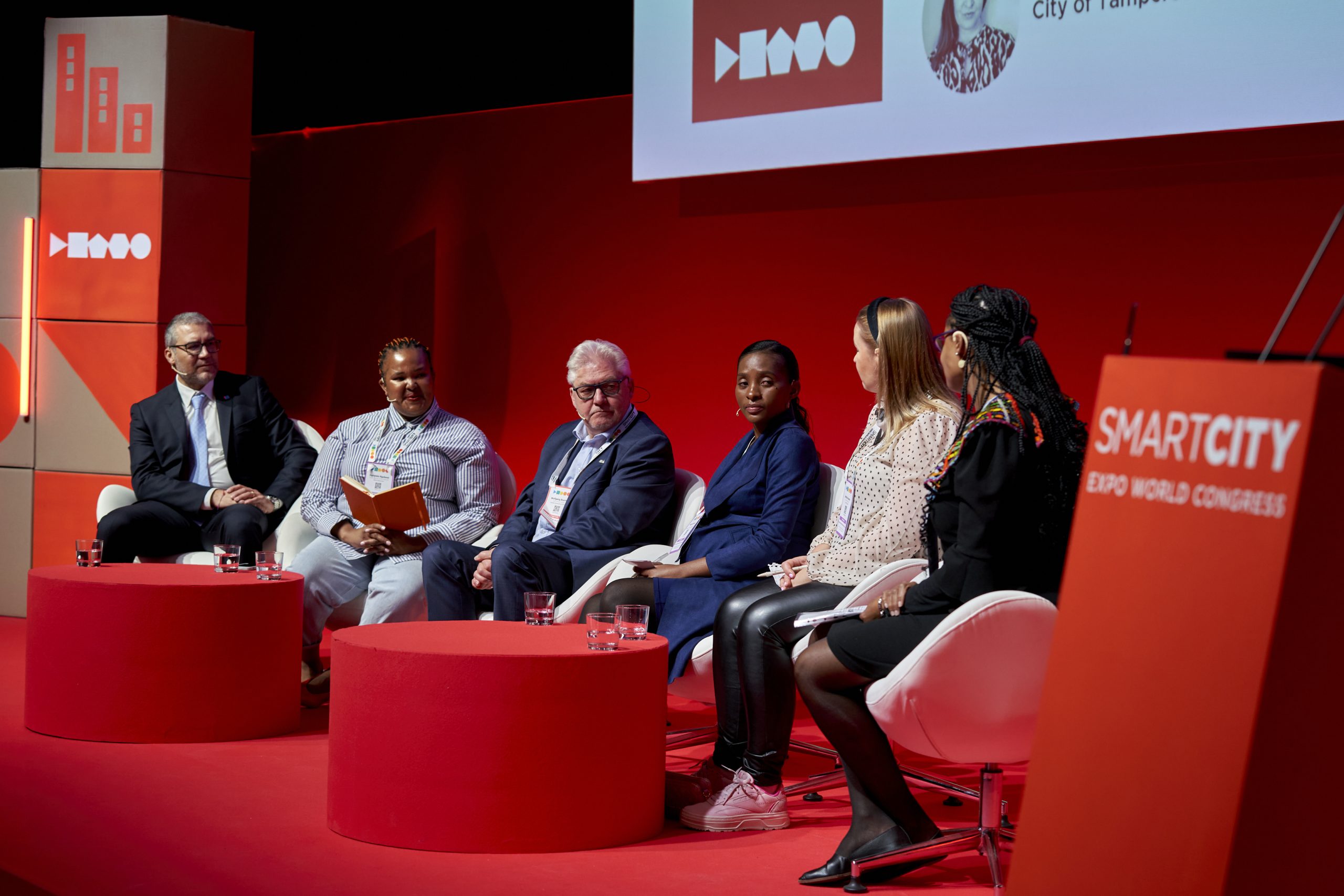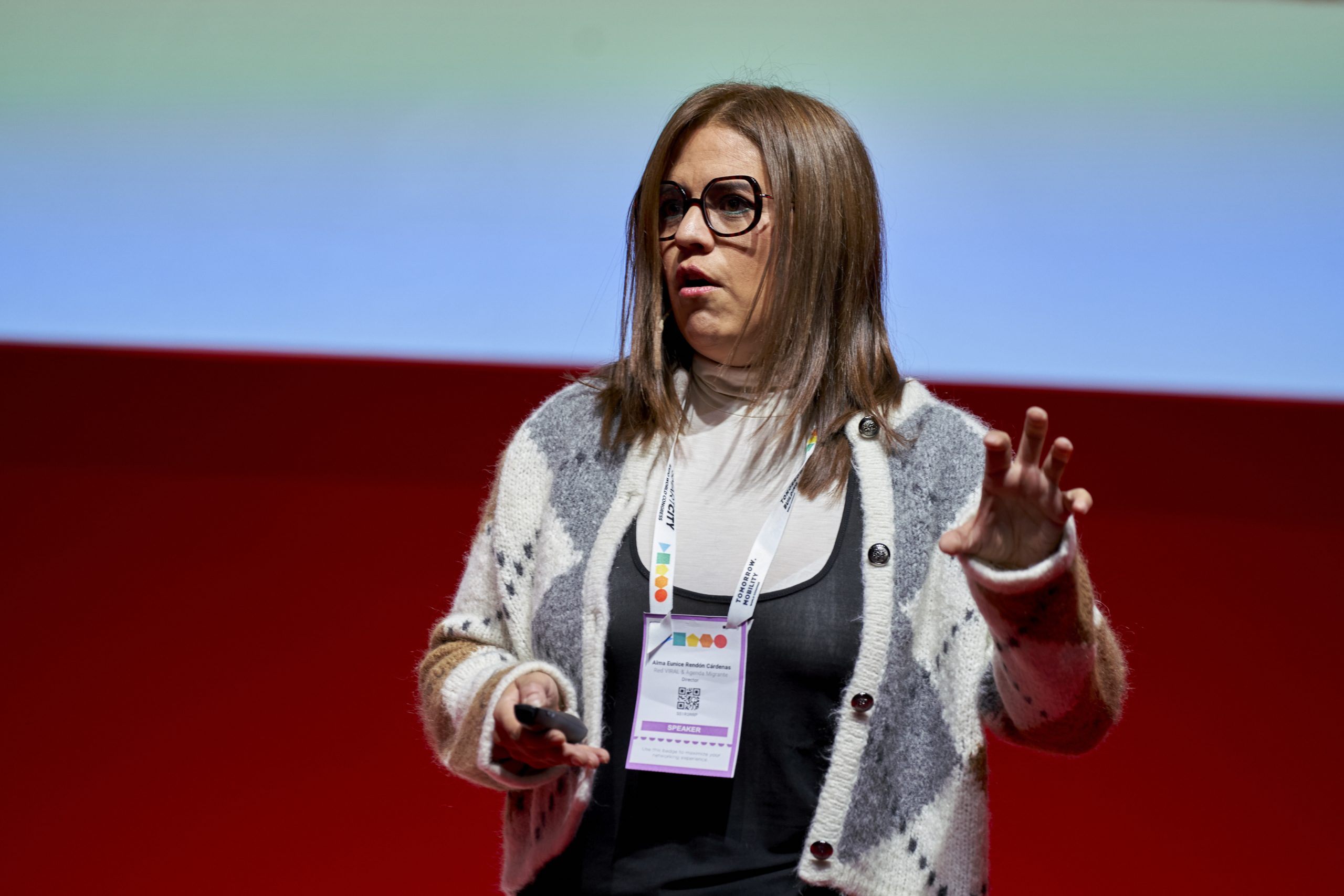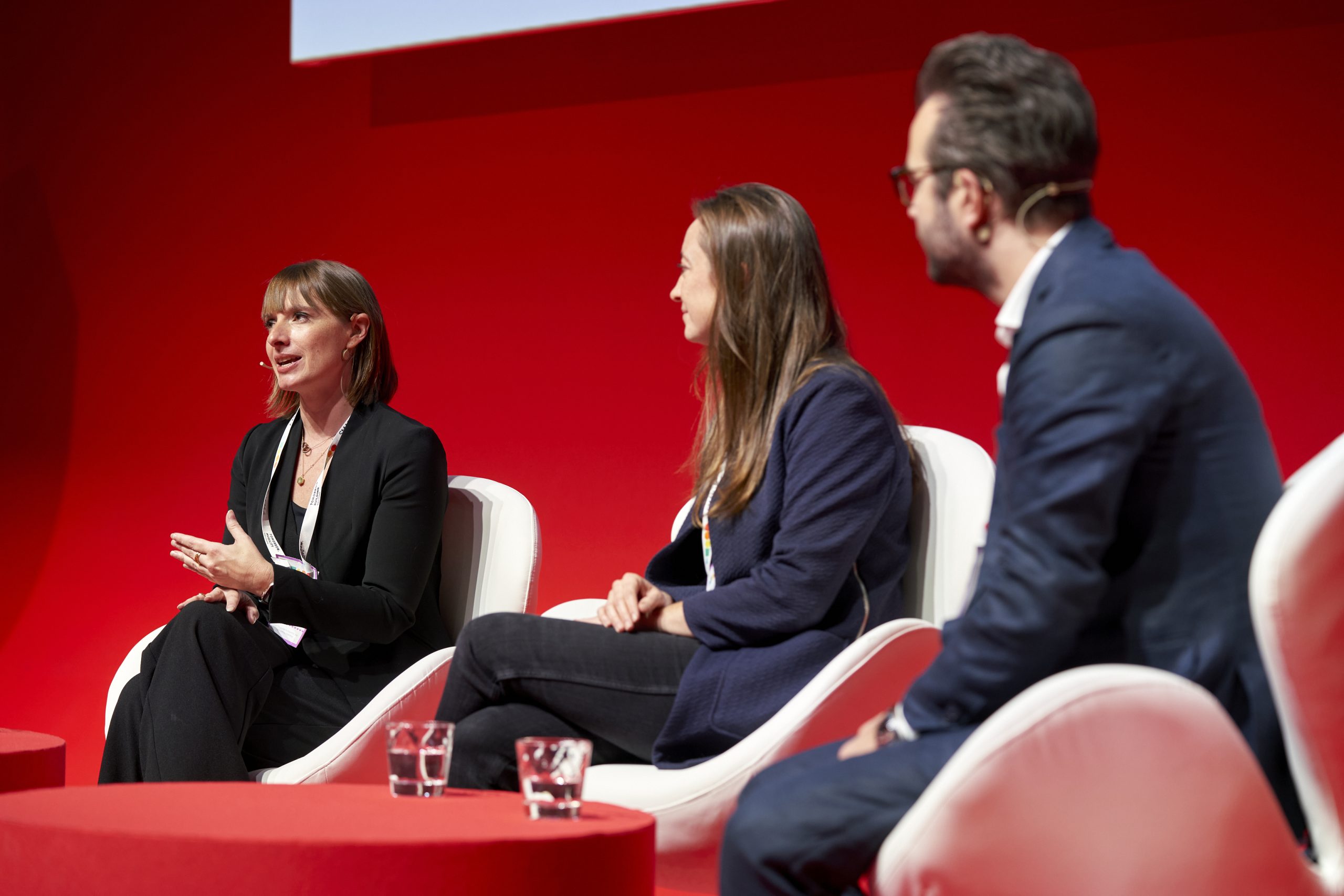Author | Elvira Esparza
Valencia and Tallinn have launched initiatives that encourage startups to develop innovative solutions aimed at mitigating the impacts of natural disasters. The aim of this initiative is to develop innovative solutions for emergency management to reduce the impact of disasters, such as the ‘DANA’ (Depresión Aislada en Niveles Altos, Spanish for upper-level isolated depression) or cold drop weather phenomenon that caused heavy rainfall and flooding in Valencia last October.
This phenomenon, which struck the province of Valencia, affected over 100 towns and 300,000 people, resulting in damages totaling €18 billion. The total damage includes 225 lives lost, 11,000 homes affected, 140,000 vehicles damaged, over 50,000 hectares of crops destroyed, 800 km of roads and 550 km of railway lines impacted, as well as significant environmental effects on the Albufera Natural Park and the Turia Nature Park.
According to a report by the Valencian Regional Government, the investment needed to address these issues exceeds €8 billion, with €3.7 billion from the central government and €4.2 billion from the regional government.
In response to the aftermath of this natural disaster, Startup Valencia and Estonia’s e-Residency program, in collaboration with the city councils of Valencia and Tallinn, are launching the Valencia DANA project. The goal of this initiative is to discover innovative solutions to minimize the impact of natural disasters (flooding, earthquakes, fires…) on cities.
What is the Valencia DANA Project?
The DANA project aims to identify innovative and disruptive proposals in emergency management, climate resilience, infrastructure development, and urban sustainability that can be implemented in Valencia. This project is vital for the development and validation of technologies that can be applied in urban environments globally, especially in light of the growing concerns about the impact of climate change.
The first step involves organizing a high-impact hackathon, set to take place in Tallinn from May 20 to 21, coinciding with Latitude 59, a major technology conference in Northern Europe. Over 65 countries will participate in this event, with startups having the opportunity to present their projects to more than 800 investors in hopes of securing funding, by proposing solutions that help cities anticipate and effectively respond to extreme weather events.
This hackathon is seeking projects in the following categories:
- Circular economy, to promote the reuse of waste and the sustainable management of resources.
- Mobility and infrastructure, to implement innovative mobility services and enhance the resilience of the transportation system.
- Recovery of the public space, to facilitate the transformation and optimization of urban environments.
- Economic recovery through tourism, with proposals aimed at boosting the local economy.
- Smart cities and digital transformation, with proposals that leverage technology and data to modernize public services and governance.
Real-world testing of the winning solutions

The top three teams presenting their proposals at the hackathon will have the opportunity to test their solutions in Valencia between June and October, with the support of local institutions and the city’s entrepreneurial ecosystem. This trial period will provide an opportunity to evaluate the feasibility and impact of the proposals in a real-world environment, with the potential for global scaling. To develop their proposals, teams will receive funding of up to €50,000 in total.
Additionally, the best solutions will be showcased at the VDS Startups Competition, an international technology event that will host its eighth edition from October 22 to 23 in Valencia. Under the slogan Collaborate Today. Transform Tomorrow, the technological and innovative ecosystem will unite to address key challenges and opportunities in sustainability, future cities, consumer technology, talent development, and health innovations. Startups participating in this event will also have the opportunity to present their projects to over 12,000 professionals from 120 countries and connect with venture capital firms to secure funding.
Likewise, in response to the solidarity shown after the flooding in Valencia, VDS 2025 aims to foster collaboration and connections between entrepreneurs, technology, and innovation, with the goal of creating a transformative impact for the future. The presentation of the Technology for Resilience program will serve this purpose, aiming to promote technological solutions that help prevent and mitigate the impact of natural disasters.
Images | Ministry of Transport, Jackie Best/Unsplash









